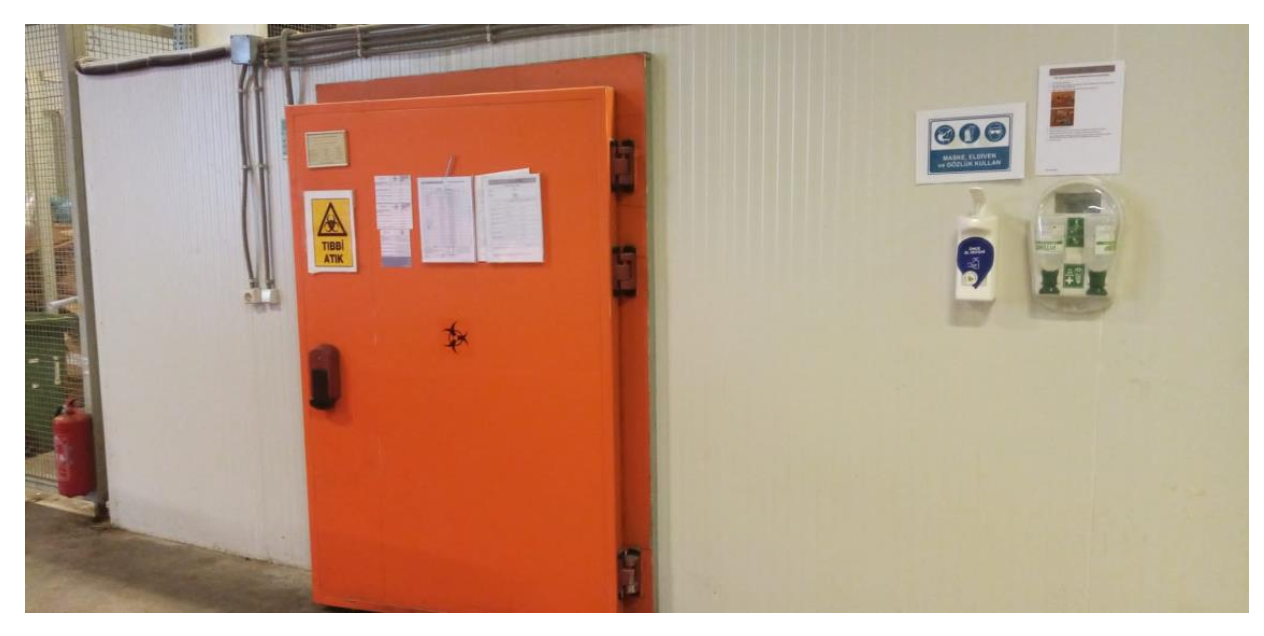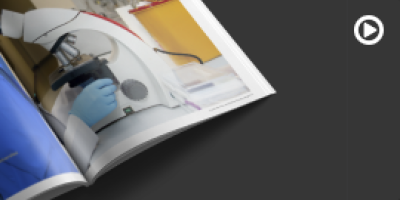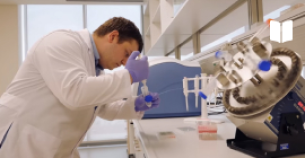On campus, the university encourages waste recycling. All units and buildings are equipped with recycling bins. Acıbadem University is divided into three blocks. There are 12 floors in Block A, 10 floors in Block B, and 9 floors in Block C. There are 4 sets of recycling bins and other waste bins in each corridor. A total of 50 larger waste bins are present, along with 7 containers.
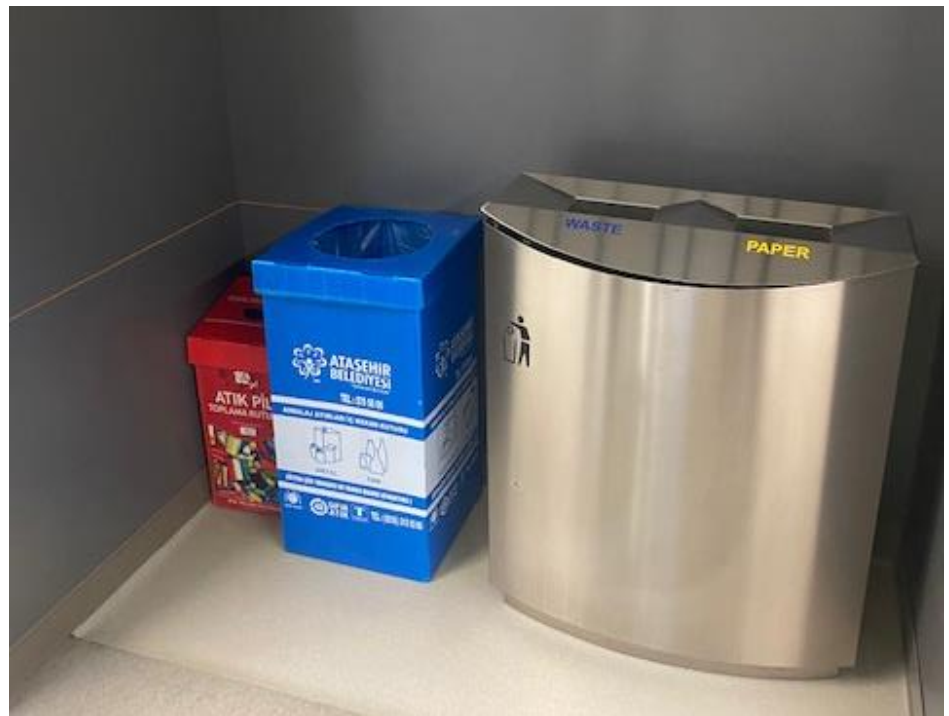
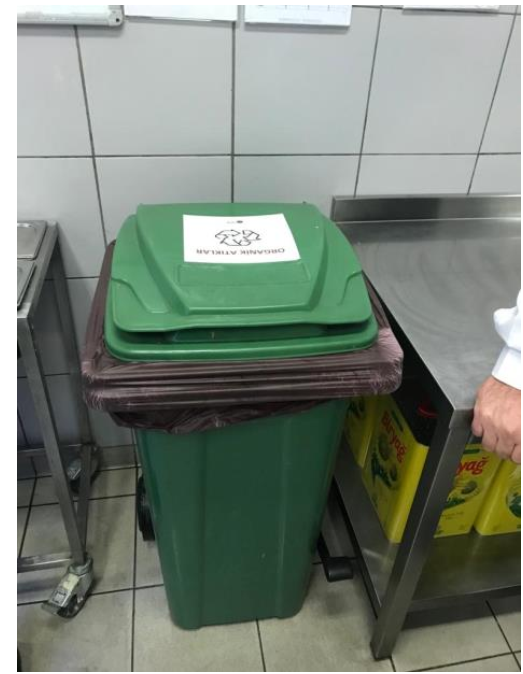
The university obtained a Zero Waste certification from the Ministry of Environment and Urban Planning in addition to the Leed Gold certificate obtained from Leadership in Energy and Environmental Design, a green building certification program that is used worldwide. Waste management plans and waste reports are registered in the Zero Waste Information System of the Ministry. Acıbadem University’s total recyclable waste recorded in the Zero Waste Management System since 2019 is around 46 tons and mainly composed of paper, metal, plastics, glass, oil and organic wastes.
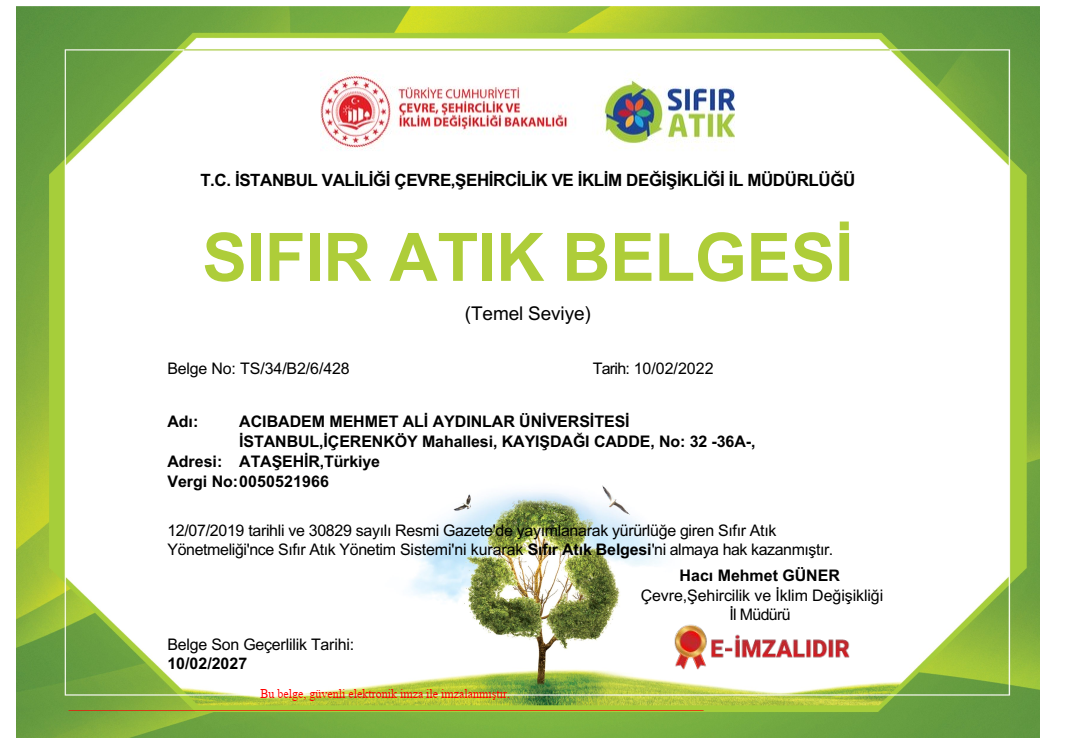
A digital document management system (EBYS) is also used to minimize paper consumption. The electronic wastes collected at the university are disposed of through the companies with recycling licenses. The waste water produced as a result of the energy production is recycled and used in the heating of the buildings.
The waste oil collected at the university is decomposed in the tanks using microorganisms. The processed waste is delivered to licensed companies, while water is discharged into the sewer system. Campus wide tea-coffee waste is collected and compost is made from tea-coffee waste and used at the campus garden.
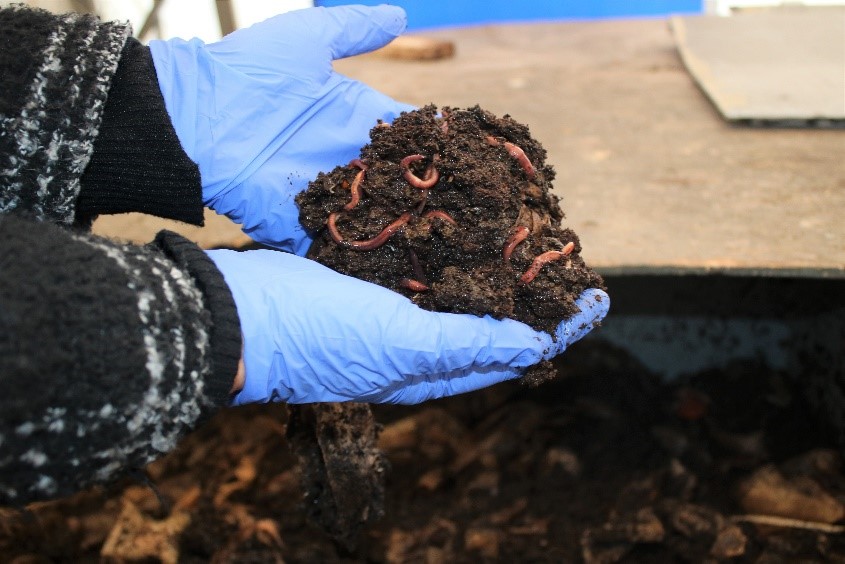
As far as medical and laboratory toxic wastes are concerned, they are collected and disposed of in accordance with the Waste Directive of the Ministry of Environment and Urban Planning by Istanbul Metropolitan Municipality. This process is coordinated and supported by the Acıbadem Health Group’s Environment Unit. Additionally, AAALAC certified Experimental Animals Application and Research Center (ACU-DEHAM) of the university has an incinerator for the disposal of experimental animal tissue and carcasses.
